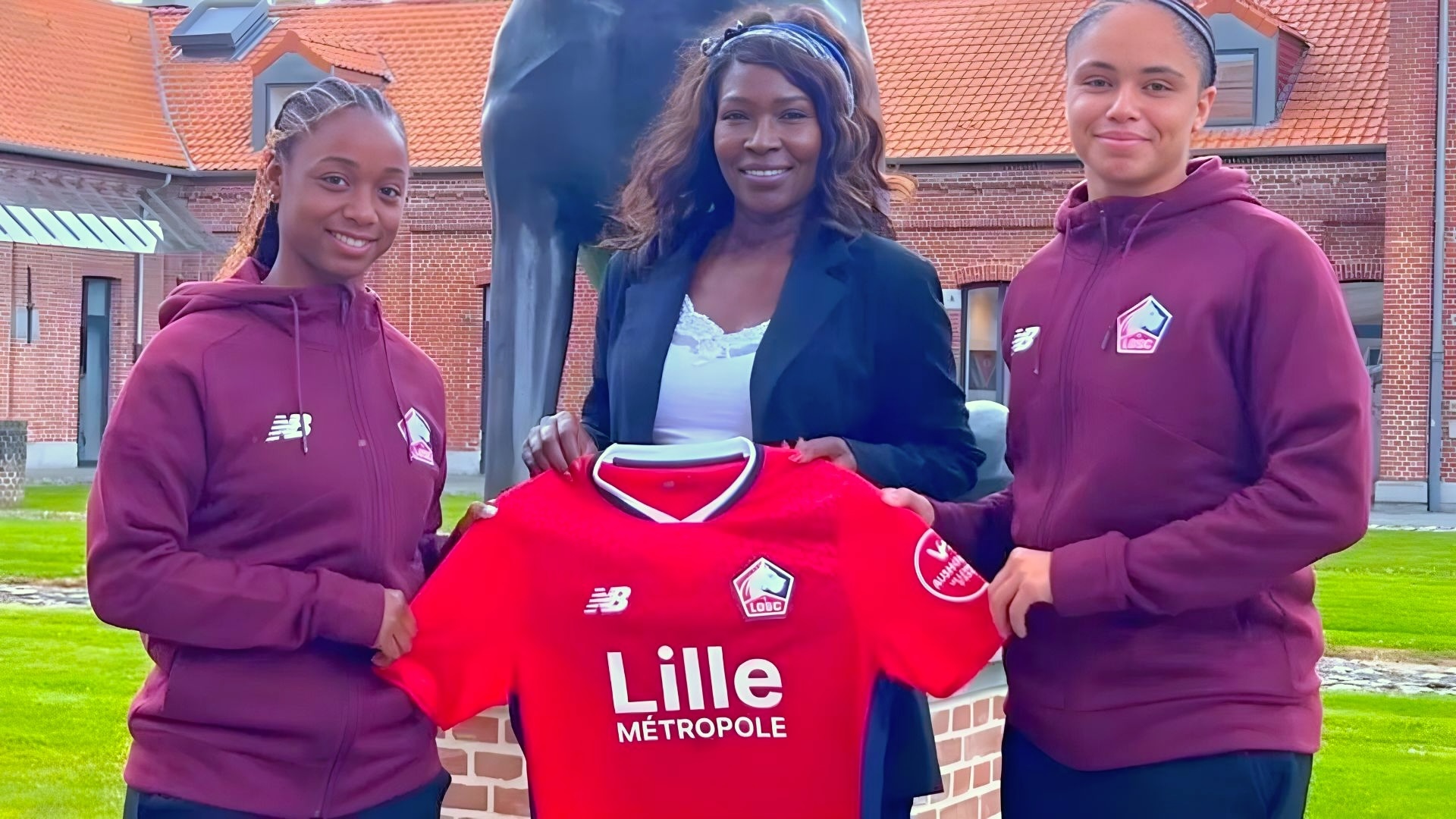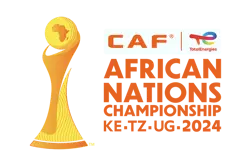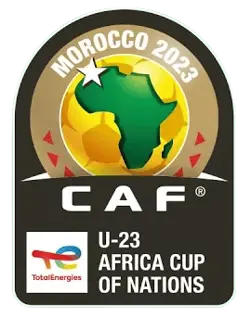Fama Niang: The Player Agent Paving the Way for Women in Football

As part of its ongoing celebrations of International Women’s Month, CAFOnline had the privilege of meeting Fama Niang, a football agent from Dakar, Senegal who took us through her journey in football and player management.
Niang highlights the importance of passion, determination, and perseverance to succeed in a predominantly male-dominated environment.

CAFOnline: What motivated you to become a football agent?
Fama Niang: Above all, it’s a matter of passion. I grew up in Sochaux, in the east of France, a working-class town where football had a special place. Sochaux, at the time, was one of the historic French clubs, with a great training centre, long before Paris Saint-Germain. It was a sort of pride for the town, an opening to the outside world, particularly for us, the young people from African families. My own father and mother were the first in the region to live there with their children, and all the African or Black youths arriving in Sochaux felt at home thanks to this host family that was ours.
Football, for us, was more than just a sport. It was part of our daily life, and I’ve always experienced it in a family setting. Very early on, I had close relatives, like brothers-in-law or friends, who became professional footballers. And I quickly wanted to integrate into this world. I even worked on a documentary during the 2010 World Cup, where I had the chance to interview legends like Bernard Lama to understand their passion for this sport. After spending many years in the music industry, I felt the need to change and, after talking with my brother, a player agent, I decided to dive into it. In 2021, I obtained my agent license after three years of effort. It was a real challenge because there are few places, and you have to pass specific exams to get this license.
As a woman in a male-dominated field, what challenges have you faced?
It’s a paradox because often, as a woman, people doubt our knowledge of football. Some think we don’t follow the leagues, that we don’t know the environment. Yet, my passion for this sport and my experience have never been an obstacle. I was fortunate to be supported by my brother, a respected agent, who opened doors for me. But despite that, you have to know how to carve your own path.
As an agent, one of the things I love is being on the field. Watching youth matches, women’s games, meeting with recruiters and families—that’s where I find my fulfilment. I’ve had the opportunity to talk with recruiters from major clubs, sometimes surprised to encounter a female agent on the sidelines. Generally, the first reaction people have is thinking I’m the mother of a player. When I explain that I’m an agent, it’s often a surprise, a conversation starter.

What criteria do you take into account when choosing a player to represent?
When I choose a player, several factors come into play. First, the feeling, the instinct. The technical ability of the player is crucial. I pay attention to their behaviour on the field, from warm-up. Whether they’re focused or have a relaxed attitude, it already gives me an idea of their mindset.
The criteria varies depending on the position. For example, a central defender should have an imposing stature to perform at the highest level in this role. There are also considerations like lifestyle, family structure, because it’s not uncommon to meet young players with a tough background.
What excites you most about managing a career?
What excites me is accompanying a player, watching them evolve, starting in an amateur club and helping them integrate into a professional club. The human aspect is essential. There are tough moments, like when a player lacks playing time or goes through a period of poor form. At those times, you need to find solutions, whether by bringing in physical trainers, mental coaches, or helping them find another project.
But it’s mostly about seeing these young players grow, their transition from amateur ranks to professionalism, that motivates me.
How do you build a trusting relationship with your players?
Trust is built over time. It’s not a contract you sign; it’s a long-term process. Being transparent, honest, and not selling dreams to the players is crucial. When a player has a good match, you need to congratulate them. On the other hand, when they’re underperforming, you need to tell them the truth. The relationship of trust is based on transparency and consistency in our work.
You also have to remember that it’s the player who makes the agent. When a player shines, it’s the agent who gets recognized. But if the player doesn’t progress, that can be a hindrance. That’s why I place great importance on being honest and working hard for my players.

What role do you play in contract negotiations and commercial agreements?
We play a central role in negotiations. There are discussions between clubs, but as agents, we’re often the key to moving things forward. This requires a good understanding of financial issues, relationships between clubs, and the ability to defend the player’s interests in the best way. It’s not just about money, but also about sporting projects and shared values.
How do you manage the sometimes high expectations of players and their families?
It really depends on the situation. There are players for whom expectations are very high, and sometimes their families can be impatient or have already formed strong ideas about their career path, which is understandable since it’s about career projects. But today’s reality is not necessarily tomorrow’s. For example, when a player signs a professional contract, they may not yet be part of the first team and may end up playing in the reserves. At that point, they need to prove they deserve to return to the first team, but some parents don’t question this process.
Sometimes a player performs well for a while, then goes through a tough time, which is normal in a season. At that point, it’s crucial to find the right approach to help them return to their best level. However, for families, responsibility is often attributed to the club or the agent. For example, the agent is not responsible if the player doesn’t play. If a player is good, they should play, and it’s the coach’s role to make that happen. A good coach always plays the best players because they are under pressure to get results. If a coach chooses players only based on personal affinity or relationships with certain agents or families, it’s no surprise when the team fails.
What is the greatest satisfaction you get from your job?
The greatest satisfactions for me are seeing young people thrive in their careers, succeeding in making a living from their profession, and bringing happiness to their parents. When these young people manage to improve their daily lives and offer their family a better life, it’s a huge satisfaction. Personally, my greatest satisfaction was obtaining my license after three years of hard work. Today, I work with legitimacy, and I can accompany my clients in a professional way. Another satisfaction is the recognition I now have, with players, female players, and parents who come to ask me to help them with their career projects.

What advice would you give to a young woman who wants to become a football agent?
I would say: Go for it! There’s room for them because we are still very few in this field. It’s a profession that is still often dominated by men, but things are evolving. I would advise her to never give up because there’s been significant progress, and today, there is indeed a place for women in this field. Passion and determination are key. As a woman, I see more and more women earning their place in this industry. When I start seeing more of them on the field, I’ll say to myself that we’ve crossed a milestone. That would be a wonderful sign of progress.















